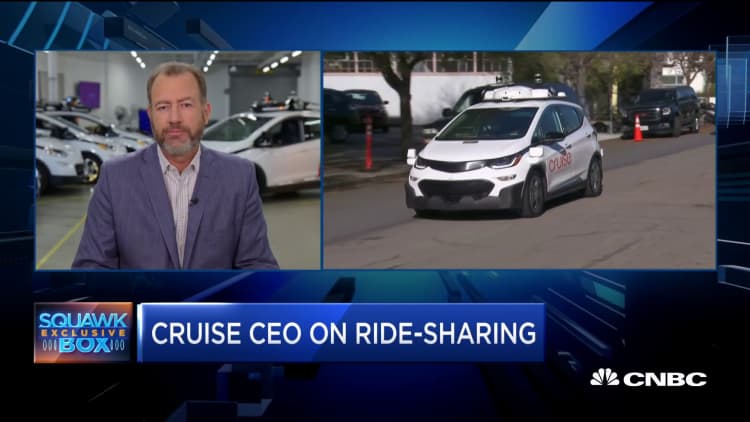DETROIT – Ford Motor has selected Austin, Texas, as the third city where it plans to launch a commercial autonomous vehicle business in by 2021.
Ford and self-driving technology partner Argo AI will begin mapping the city in mid-November, followed by data validation and actual testing of the Ford Fusion Hybrid self-driving vehicles as soon as early next year.
Ford and Argo previously announced Miami-Dade County and Washington, D.C., as the other launch markets for autonomous vehicle businesses in 2021. The companies also are testing self-driving vehicles in Detroit, Pittsburgh and Palo Alto, California, but do not plan to launch business operations in the cities at this time.
Sherif Marakby, CEO of Ford's autonomous vehicle unit, said Austin was selected because of the city's willingness to work with the company as well as its growing downtown population with increased congestion.
"With increased traffic, we think we can solve some issues and work with the city on understanding what the challenges are in the city," Marakby told reporters Tuesday during a conference call.
The initial self-driving vehicles, as they did in Miami and Washington D.C., will include safety drivers, or "test specialists," who actually drive the cars. The vehicles will map the city and collect data before being allowed to operate autonomously.
"The integration, safely, of the technology is going to take a few more years and we're all-in to drive the integration and the technology, and, in parallel, work on the business," Marakby said. "We're sticking with our plan."
Ford plans to launch with all-new autonomous vehicles, not Ford Fusion Hybrids, that do not include steering wheels or pedals for a human driver, that are intended for use in commercial fleets. The automaker has said the vehicles, which will launch starting in 2021, will focus "on moving people and goods."
Ford's strategy to launch in multiple markets with a fleet vehicle is a different approach than General Motors' Cruise and Alphabet's Waymo have taken. Both Waymo and Cruise — considered the leaders in autonomous vehicle testing — have focused on launching in single metropolitan areas before expanding elsewhere.
Waymo has operated a public ride-hailing fleet in metropolitan Phoenix since December 2018, while Cruise plans to launch a ride-hailing business in San Francisco as early as next year. Cruise initially planned to deploy a commercial ride-hailing fleet by the end on 2019, however announced a delay to those plans this summer reportedly due to regulatory and technical hurdles.
Ford, according to Marakby, "wasn't surprised" GM had to push back its timing, citing such an aggressive launch was "not realistic." He said launching in multiple cities will help the company scale more quickly.
"The challenge with doing this in only one city and perfecting it, it's harder to scale and we think scaling is key," Marakby said.



